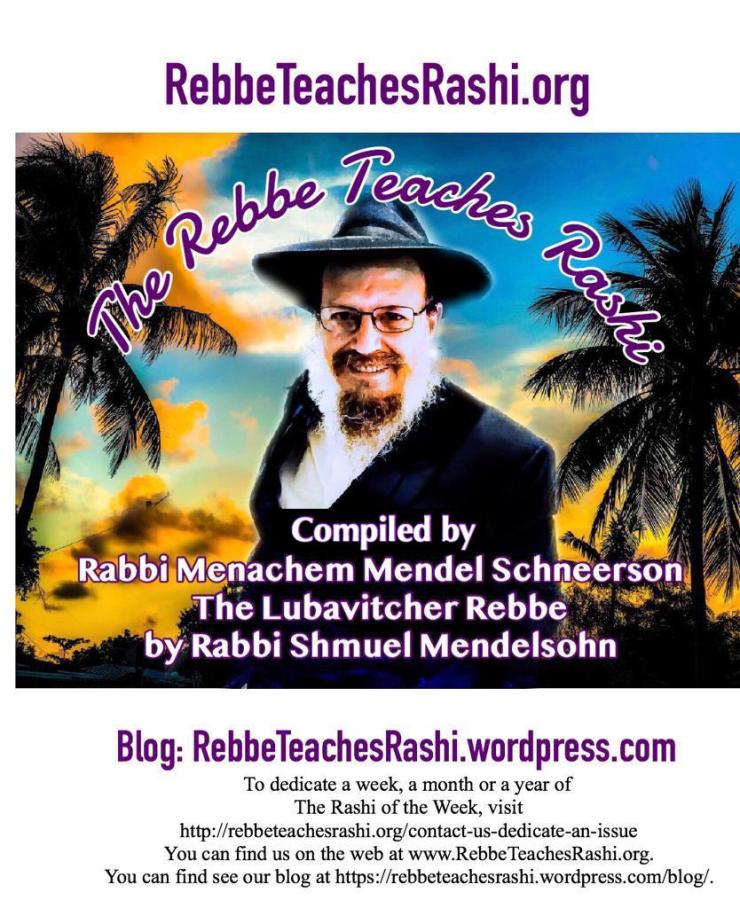In the beginning of this week’s Torah portion, Matos-Massei, the Torah tells us the laws of annulling vows. The Torah says (Bamidbar 30:3) “If a man makes a vow to Hashem, or if he makes an oath to prohibit something from himself, he may not violate his word. He must do whatever came out of his mouth.” Rashi cites the words “he may not violate his words.” He explains that it means that “’he shall not profane his word,’ he shall not treat his word as being unholy.” Simply put, Rashi is saying that one must keep his word.
Let us put this into context. The Jews are concluding the forty years in the wilderness and standing on the brink of entering the Holy Land. What was the difference between life in the desert and life in Israel? In the wilderness we had no physical concerns whatsoever. We always had food to eat; the “Mon – Manna” which fell every day. We always had what to drink; water from Miriam’s well. We had no need to be concerned with clothing; our clothes were cleaned, pressed and grew with us thanks to the Clouds of Glory. These would also serve as our protection. Our only concern was following Hashem’s commandments and learning Torah from Moshe Rabbeinu.
Contrast that with the life which we would lead in Israel. We would have to work for our food. It would involve ploughing, planting and harvesting. Then we would first be able to begin making food from the grain which we managed to collect! We would have to dig for water and make our own clothing. We would also need to build our own shelter.
What is the reason for this great change? Our years in the desert were just a preparation for what was to follow. This is similar to the first 20 years or so of a child’s life. The child is not concerned with paying bills. Their main concern is doing well in Yeshivah/Seminary. Once they get married that all changes. This was the same as the change which awaited us in Israel. We had the preparation which we needed in order to fulfill our goal; G-d’s purpose in creation. Transforming this world into a dwelling place for Hashem below.
One fundamental preparation for this is the laws of vows. Rashi explains this as “not profaning one’s word.” One may not make his word into something profane, i.e. not holy. Rather he must sanctify his words. Everything we say must be holy. This is a great step toward transforming this world into Hashem’s dwelling place.
Wishing one and all a good Shabbos! May we merit the time of the complete and true redemption now!
Rabbi Shmuel Mendelsohn

